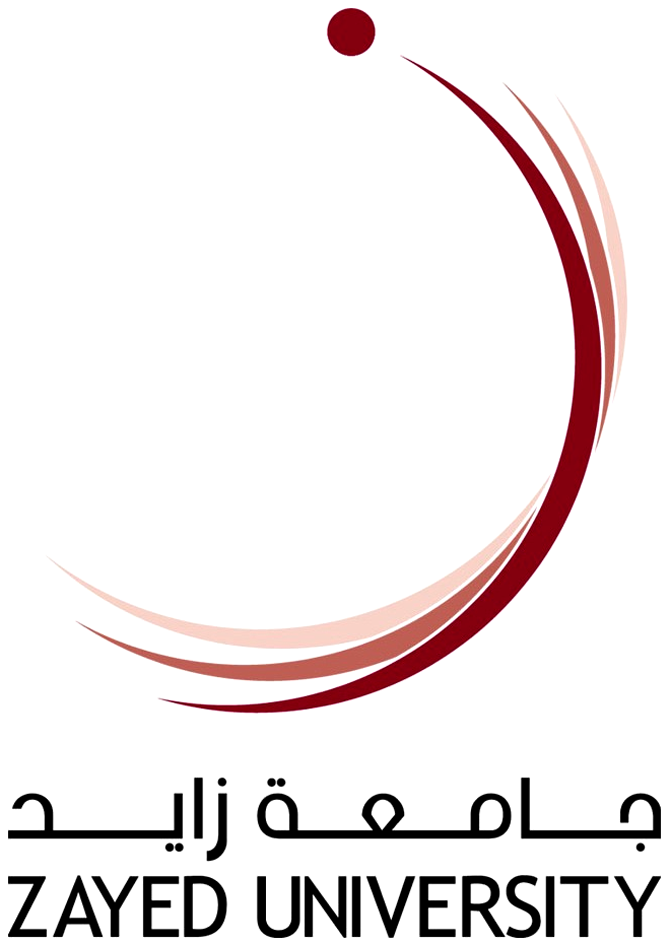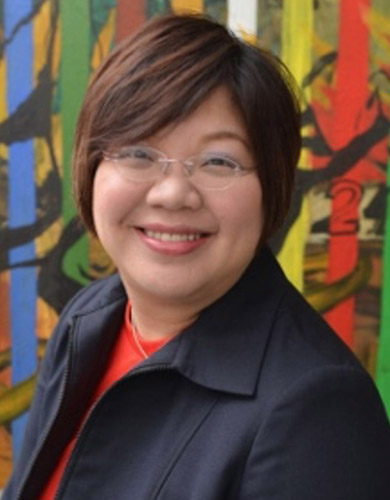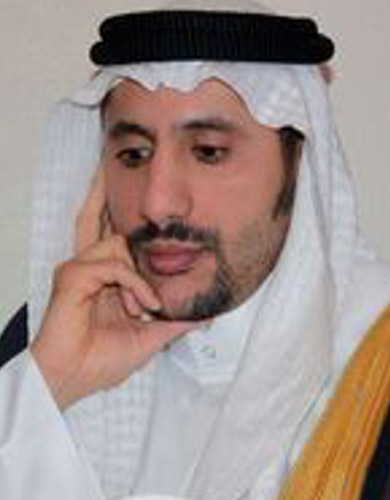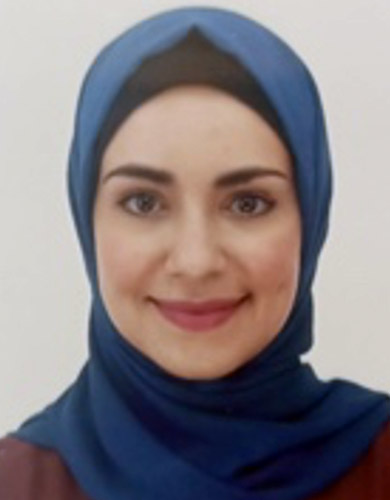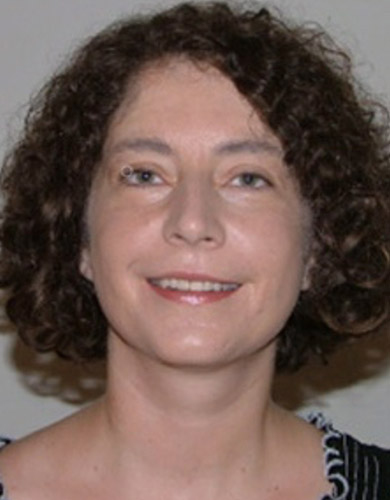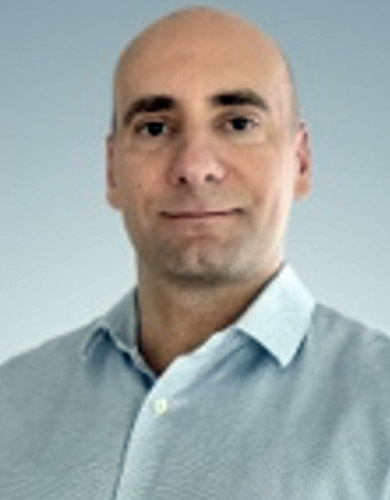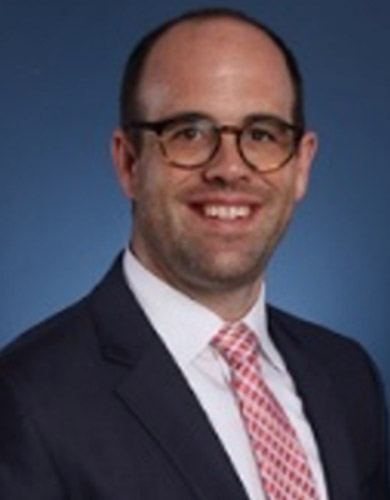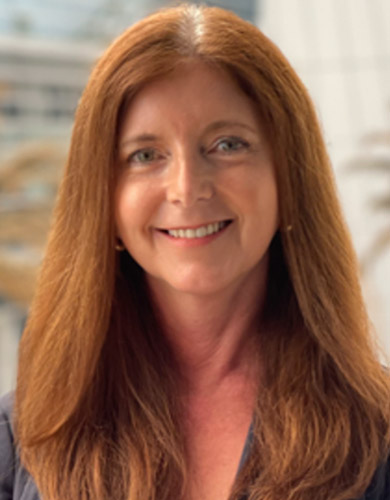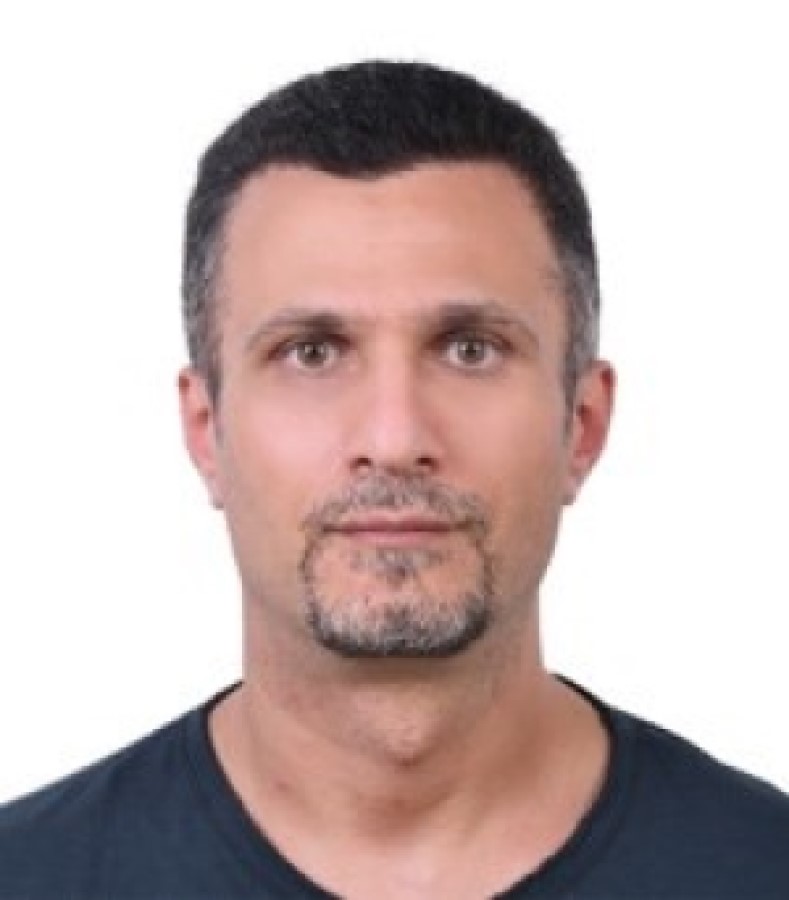ALLT 2024 Professional Development Training
| Course Description: | This session first defines what English as an International Language (EIL) is. It then presents a case study from a research study that focuses on the EL proficiency levels of Singapore teachers and discusses the importance of balancing between sounding local and yet demonstrating global competence as Language teachers. The session then discusses how we need to move beyond the goals of intelligibility in the pronunciation classroom and suggests how Gardner’s 5 (+2) minds can be enacted in the language classroom through a series of hands-on activities. |
| Course Aim: |
|
| Anticipated Outcomes |
Participants will be able to:
|
| Trainer Bio | Professor LOW Ee Ling is Dean, Academic and Faculty Affairs and the immediate past Dean, Teacher Education. She is a Professor of Education (Applied Linguistics and Teacher Education at the English Language & Literature Academic Group at the National Institute of Education (NIE), Nanyang Technological University (NTU), Singapore. In 2021, she was recognized for her exemplary scholarship by the Academy for Leadership in Teacher Education (ALiTE), University of Hong Kong and appointed as a member of the Board of Governors for the International Baccalaureate Organization (IBO). In 2022, she was elected as a Fellow of the prestigious International Academy of Education based in Belgium. |
| Course Description: | This workshop provides the audience with a broad overview of the academic publication process. The first part starts with a description of the different types of publication options, steps researchers are expected to follow to publish their research for each type, the review process, expected outcomes, and institutional evaluation of the different types of publication. The second part moves to journal impact factors. This part deals with the different companies providing impact factors, their requirements to index journals, how impact factors are calculated, and critiques of impact factors. The final part focuses on predatory publishers, how they operate, and how to spot and avoid them. |
| Course Aim: | This workshop will help the audience better understand the publication process, how journals work, their impact factors, and predatory publishers. |
| Anticipated Outcomes |
The participants will be able to describe the following:
|
| Trainer Bio | Ali H. Al-Hoorie is an Associate Professor of English Language. He completed his PhD in English Language at the University of Nottingham under the supervision of Professors Zoltán Dörnyei and Norbert Schmitt. He also holds an MA in Social Science Data Analysis from Essex University. His research interests include motivation theory, research methodology, and complexity. His publications have appeared in various journals including Language Learning, Modern Language Journal, Studies in Second Language Acquisition, ELT Journal, Language Teaching Research, and Learning and Individual Differences. His books include Research Methods for Complexity in Applied Linguistics (Multilingual Matters, 2020, with Phil Hiver), Student Engagement in the Language Classroom (Multilingual Matters, 2021, coedited with Phil Hiver and Sarah Mercer), and Contemporary Language Motivation Theory: 60 Years Since Gardner and Lambert (1959) (Multilingual Matters, 2020, coedited with Peter MacIntyre). The latter book is the winner of the Jake Harwood Outstanding Book Award. |
| Course Description: | Including all learners and ensuring that each individual has an equal and personalized opportunity for educational progress is still a challenge in almost every country. This workshop will provide information on different disability types and how we can provide inclusive education, understanding what barriers there are to learning and how to challenge them. In the first part of the training, the participants will have the opportunities to experience different types of disability through the simulation activities connected to education settings and how to identify and support learners who may have “invisible” disabilities since these learners experience a greater risk of dropping out when their conditions go unnoticed in educational settings. The second part will be the layer of the accessibility of Microsoft Office, Apple technology and PDF documents, making course instruction pages accessible, captioning of videos, making images accessible, and designing for learning differences. By the end of the workshop, the participants will be able to identify practical ways to create a more inclusive learning environment that you can apply in their own. |
| Course Aim: | The purpose of this course is to increase awareness among educators about the best practices to provide an inclusive learning environment area. |
| Anticipated Outcomes | Participants will learn and understand the different disability types, disability etiquette, and the pathways to participation for students with disabilities in the education: Develop confidence and competence to adapt skills, activities and games to make them more accessible and inclusive for students with disabilities. |
| Trainer Bio |
Kholoud Al Abdallah is a Learning Disability Specialist. Kholoud holds a Master’s degree in educational psychology with nine years of experience in the field of learning disabilities, inclusion, and assistive technology. Kholoud worked with students from different backgrounds with a wide age range and various challenges in different educational landscapes. Kholoud's passion is to open closed doors for Students of Determination to get equal learning opportunities and excel in their academic journey.
Marjorie P. Daniel is a dynamic learning disability specialist leveraging 20 years of professional experience that spans across grade levels, continents, and public/private sectors. Marjorie’s extensive teaching and learning experience is focused on promoting educational practices which empower both students and faculty through innovative teaching solutions. Her Master of Science degree in Education, and specialization in Educational Leadership and Exceptional Student Education as well as Marjorie’s wide range of practical experience will be at the foundation of her presentation.Marjorie P. Daniel is a dynamic learning disability specialist leveraging 20 years of professional experience that spans across grade levels, continents, and public/private sectors. Marjorie’s extensive teaching and learning experience is focused on promoting educational practices which empower both students and faculty through innovative teaching solutions. Her Master of Science degree in Education, and specialization in Educational Leadership and Exceptional Student Education as well as Marjorie’s wide range of practical experience will be at the foundation of her presentation. |
| Course Description: | This interactive course provides participants with key content around the intersection of culture, language and academic integrity. It provides case studies demonstrating problems in institutional processes, assessment design and pedagogies. It also explores how language proficiency challenges can inadvertently be conflated with academic misconduct and even cause academic integrity breaches. It also provides a series of communication, learning design and pedagogical tools to support enhanced language learning in concert with the development of academic literacies associated with academic integrity. Participants will use the various tools and develop a roadmap for enhancing practice within their own contexts. |
| Course Aim: | Identifying key issues in the intersection of culture, language and academic integrity. Highlighting better practice in communication, learning and assessment design and pedagogy. Planning for enhanced language and academic integrity teaching. |
| Anticipated Outcomes | Identifying key issues in the intersection of culture, language and academic integrity. Highlighting better practice in communication, learning and assessment design and pedagogy. Planning for enhanced language and academic integrity teaching. |
| Trainer Bio | Michelle Picard is incoming Professor and Pro Vice Chancellor Learning and Teaching Innovation at Flinders University, Australia. She served as Dean Learning and Teaching and Acting Executive Dean at Murdoch University, Australia, Deputy Director English Language and Foundation Studies Centre at the University of Newcastle Australia and Director, Researcher Education and Associate Dean Learning and Teaching at Adelaide University, Australia. Michelle researches, publishes, and supervises in the areas of cultural identity representation in EFL/ESL teaching, mental well-being and equity in higher education and academic literacies including academic integrity.She is one of the editors of Advancing Scholarship and Research in Higher Education (ASHRE), a journal of the Higher Education Research and Development Society of Australasia (HERDSA) and serves on the editorial boards of the International Journal for Educational Integrity and the Journal of Applied Learning & Teaching (JALT) and numerous special editions. She is the authors of two of the Epigeum (Oxford University Press) Academic Integrity: For Students modules. |
| Course Description: | The work of an effective educator is complex—and the strengths, needs, and interests of the students in front of them are diverse. To be successful, teachers need to be able to reflect accurately on pedagogical practices, build expertise, cultivate a reflective mindset, and adequately support every student. Providing consistent opportunities for personalized, effective professional development is one way to provide a critical pillar of support for new and veteran teachers. To foster environments where educators can effectively learn, grow and support student achievement. |
| Course Aim: |
|
| Anticipated Outcomes |
|
| Trainer Bio |
Dave Wakefield is the founder and CEO of Sibme, a Learning Engagement Platform that powers professional development through virtual- and hybrid-coaching, peer-to-peer collaboration, cohort-based professional learning communities, and micro-credentials. Sibme works with more than 1,000 innovative schools, districts, and institutions–including Houghton Mifflin Harcourt, ASCD, Scholastic, the University of Texas, San Diego State University. Prior to Sibme, Dave started his teaching career as a high school English teacher with a focus on English as a second language. He discovered the power of teacher reflection, collaboration, coaching, and video-enhanced professional learning while sharing a classroom with a master AP English & Composition teacher for an entire year.
TJ Hoffman is currently the COO at Sibme. Prior to joining Sibme fulltime, Mr. Hoffman spent 10 years working in public schools in the United States. He worked on campuses as a teacher and administrator. In his last role, TJ was manager of New Teacher Induction and Onboarding for the Houston Independent School District in Houston, TX, where he was responsible for onboarding between 1000 and 2000 new teachers a year. He holds degrees in education, history, and business from Rice University. |
| Course Description: | Conducting classroom-based research is one of the most effective models of professional development for educators and classroom-based inquiry plays a key role in the continuous improvement of teaching and learning in any education institution. This workshop will take participants through a step-by-step journey to designing their own classroom-based research projects. |
| Course Aim: | The workshop will provide an overview of research designs specific to conducting classroom-based research, how they can support teacher engagement in classroom-based inquiries and what skills and knowledge teachers need in order to successfully engage in classroom-based research projects. |
| Anticipated Outcomes | By the end of the workshop, participants will have designed a classroom-based project pertinent to their teaching context using a template provided by the facilitator and specific advice to help them make the most of the knowledge and tools they gained from the workshop. |
| Trainer Bio | Prof. Dr. Christina Gitsaki is the Research Coordinator at the Center for Educational Innovation, Zayed University, UAE. In the past, she served as the UNESCO Chair in Applied Research in Education (UAE) and the Assoc. Dean of the Foundations program at the Higher Colleges of Technology, UAE. She has worked with Education Queensland and The Learning Federation of the Curriculum Corporation, Australia on state and federal education projects such as the creation of digital Learning Objects for K-12 ESL students. At the CEI, she oversees the SoTL initiative and she mentors faculty engaging in research on teaching and learning. |
| Course Description: | This hands-on workshop explores a story-based pedagogical approach for engaging with young children across the curriculum in the early years of primary school. Storytelling, as a tried and tested approach to facilitating learning in the early years, engages learners in magical and unique ways. Children can respond to stories according to their individual linguistic and cognitive abilities while enhancing their spoken discourse in rich and contextualized learning environments. It provides opportunities for children to access the curriculum in creative ways in both planned and spontaneous learning encounters. The workshop will provide opportunities for participants to engage with a range of strategies that can be useful in implementing a story-based approach. By bringing together the rich resource of children’s literature and research-informed practices in English language teaching and learning, participants will explore ways to promote language development and development across the curriculum through stories in a planned, purposeful and effective manner. |
| Course Aim: | Participants will be scaffolded in planning to implement a story-based approach to language development across the curriculum. |
| Anticipated Outcomes | Participants will become familiar with a range of strategies for implementing a story-based approach in the early years. Participants will be able to plan and implement a thematic unit plan based around a story for use in the early years classroom. |
| Trainer Bio |
Anna Dillon (B.Ed., M.A.(Ed.), PhD) is an Associate Professor at Emirates College for Advanced Education. She has worked in the UAE since 2013, initially as a public school teacher and head of faculty, and then as a teacher educator. She has held a variety of different administrative roles including Director of the Early Childhood Learning Center, an on-campus laboratory school at Zayed University, Chair of the Department of Education Studies, and Assistant Dean for Student Affairs at Zayed University. She previously worked in Ireland as a teacher educator, school principal and mainstream class teacher in Irish/ English language immersion settings. Her research interests include bilingual education, language education, classroom-based research, and more recently international education, Third Culture Kids, and accreditation in teacher education.
Kay Gallagher (B.Ed., M.Ed., PhD, SFHEA) is a Professor at Emirates College for Advanced Education. She has developed, delivered, and led Teacher Education, English Education, and Teacher Development programs in the UAE and Ireland and has held various roles including Chair, Head of Department, Associate Director, and Acting Dean. She was a faculty member and master’s coordinator in English Education at the University of Hong Kong in China and was previously a school principal in her native Ireland. Of all the courses she has taught as a language teacher educator over the years, her favorite is children’s literature, and she has published journal articles on the topic. Kay’s research interests encompass language-in-education, English education, bilingual education, pedagogical translanguaging, and language teacher education. |
| Course Description: | On November 30, OpenAI launched its AI chatbot called ChatGPT. With its remarkable capabilities that include writing poetry, summarising articles, and coding and debugging, ChatGPT represents a major step forward in the evolution of the Internet. While many educators see these capacities as a real danger to the current Education system, the presentation will explore a pedagogical approach that incorporates ChatGPT at the center of the Education system rather than excluding it. In addition, the presentation will address from a philosophical perspective the question of whether machines can truly replace human intelligence. Finally, the presentation will discuss the cases of two authorized ChatGPT exams conducted in the UAE and France and present some results from pilot experimentation on the use of ChatGPT in everyday classrooms. |
| Course Aim: | The objective of this session to demonstrate how ChatGPT doesn’t produce any new science but instead highlights the shortcomings in the Education system. A new pedagogical approach will be introduced in this session that can be implemented across various teaching areas. |
| Anticipated Outcomes |
|
| Trainer Bio | Ahmad Samer Wazan is an Associate professor at Zayed University in CTI college. His research topics include trust management, PKIs, Access Control, OS security, and security requirement engineering. Between 2007 and 2011, he led a research project that defined a new trust model for X.509 standard by adding a new entity called Trust Broker. He also participated with other researchers from the UK and France in implementing the first proof of concept verifiable credential system. In addition, he recently conducted a new research project that proposed a new command called sr (switch role) that intends to replace the command sudo in a Linux. Industrially, Mr. Wazan has worked with the founder of souq.com (Ronaldo Mouchawar ) between 2003 and 2006 as a web developer and security analyst. In 2004, Mr. Wazan was awarded by Ronaldo Mouchawar the prize of the best employee. |




